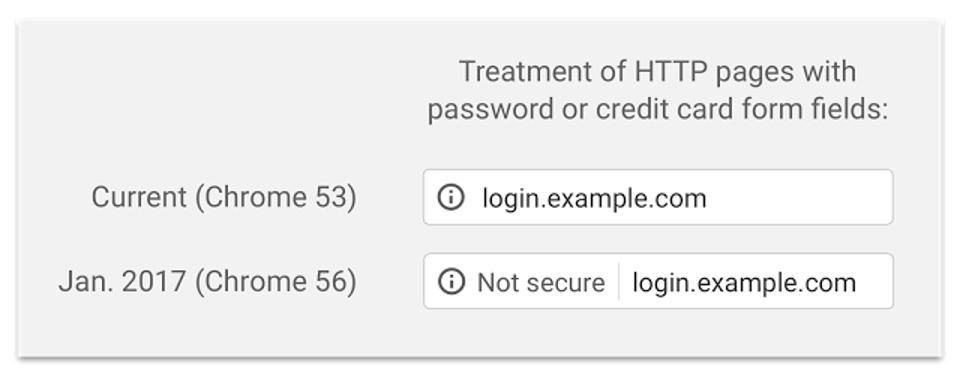A few thingz
Joseph Basquin
20/02/2026
#web
Void CMS – A lightweight website creation tool
Back in 2014, each time I wanted to start a new project and do a quick webpage, I had to create a Wordpress, create a new database by my hosting provider, edit the Wordpress configuration files about the database, and then navigate in the WP admin panel to create a new page, etc. Not lightweight enough!
Also it was impossible to duplicate a whole website in 2 seconds by copying /var/www/wordpress1/ to /var/www/wordpress2/.
For all these reasons, I spent 1 or 2 evenings to juste write my own website creation tool: Void CMS.

100 lines of PHP code, and that's it! It works for both static websites and blog articles. Five years later, I still use it for a few projects of mine.
How do you write articles with it? Just open your favourite text editor, write a page (using Markdown syntax) and save it as a .txt file like /page/example.txt or /article/01.txt:
TITLE:Example
#Example page
This is a nearly empty page.
Do you want to get the latest news? The [blog](blog) is here!You can try it here: Void CMS.
TinyAnalytics
After having tested many open-source website analytics tool, and haven't found exactly what I was looking for, I started a minimalist project (coded in PHP) that only does this:
-
number of visits per day
- display the referrers (i.e. the people who have a link to your website)
If you're looking for a tool lighter than Piwik, Open Web Analytics or Google Analytics, then TinyAnalytics might be what you're looking for.
Browsers, please don't kill HTTP
I don't share Jeff Atwood's enthusiasm about HTTPS / encryption. What will happen if HTTPS becomes the standard and if HTTP is considered by browsers as "unsafe"?

It seems to me that then, the web will be separated in 2 worlds: professional websites who can afford SSL certificates and a dedicated team to maintain the certification process ... and the average small webmaster who just has a shared hosting and a Wordpress. The latter will be slowly "pushed out of internet" with the threatening notice Not secure.
Even with the free Let's Encrypt initiative, maintaining HTTPS requires technicity, much more than what the average webmaster has.
Result: if HTTPS becomes the standard and normal HTTP is alerted by browsers as unsafe by default, this will slowly kill amateur content, citizen-powered content.
Welcome to even-more centralized internet. Be sure Facebook and other big content providers will like this.
Edit (2018): I'm finally using LetsEncrypt too... In short, a2enmod ssl ; wget https://dl.eff.org/certbot-auto ; chmod a+x certbot-auto ; ./certbot-auto does most of the work. More to read here.
Why I finally won't go for open-source analytics tool (for now)
You discovered Google Analytics a few years ago (a webmaster tool to see how many visits on your websites), and used it efficiently. But, you know, Google-centralized internet, etc. and then you thought "Let's go self-hosted and open-source!". And then you tried Piwik and Open Web Analytics.
I did the same. After a few months, here are my conclusions.

Open Web Analytics has a great look, close to Google Analytics, but every week, I had to deal with new issues:
- first I discovered that a gigantic table was growing in the MySQL database:
| owa | owa_request | 4.44 | | owa | owa_click | 5.30 | | owa | owa_domstream | 238.28 | +--------------------+-------------------------------+------------+
Nearly 250 MB analytics data in 2 weeks (for only a few small websites), this means more than 6 GB of analytics data per year in the MySQL database! ... or even 60 GB per year if you have 100k+ pageviews. That's far too much for my server. This was (nearly) solved by disabling Domstream feature. (Ok Domstream is a great feature, but I would have liked to know in advance that this would eat so much in the database).
-
then, once this was solved, a few weeks later I saw this big table coming again (then I had to reset the JavaScript tracking codes for every website)
-
today I've seen that a new table in the OWA database was very big (747 MB in a few weeks!)
| owaa | owa_queue_item | 747.92 | +--------------------+-------------------------------+------------+ - some other issues: login impossible from Chrome in certain situations, unique visitors count wrong when using PHP tracker (sometimes, each new visit / refresh of the page is considered as a new visitor), time-range menu not displayed at all (display stuck on 1-week range) in some cases, etc.
I'm not saying OWA is bad: Open Web Analytics is a good open-source solution, but if and only if you have time to spend, on a regular basis, on configuration issues, which I sadly don't have.
I tried Piwik very quickly. It really is a great project but:
-
it doesn't offer a direct view of what I was looking for out-of-the box, i.e. clear charts for every website à la Google Analytics (I can't really describe what's the problem, but the user interface isn't handy for me)
- maybe there's an easy fix for this, but the interface is very slow
So, conclusion:
Analytics, unsolved problem.
I'm still looking for a lightweight self-hosted solution. Until then, I'll probably have to use Google Analytics again.
PS: No offence meant: most of my work is open-source too, and I know that it takes time to build a stable mature tool. This post is just reflecting the end-of-2016 situation.
Bloggggg...
Many things begin with
Let's start a new notebook!
(Well sometimes the notebook is abandoned after 3 pages, but hmm, let's not think about it). Writing helps to know what you want, what you don't want, and what you've done so far. So I decided
Let's start a blog!
Then I looked at many blog generator tools, and noticed it would be faster to actually write it myself in PHP, rather than downloading every existing solution and pick the best (so hard to make a choice). So I started yesterday evening, and today it's done:
bloggggg, a blogging platform.
Here is how it looks like:
Editor interface:
